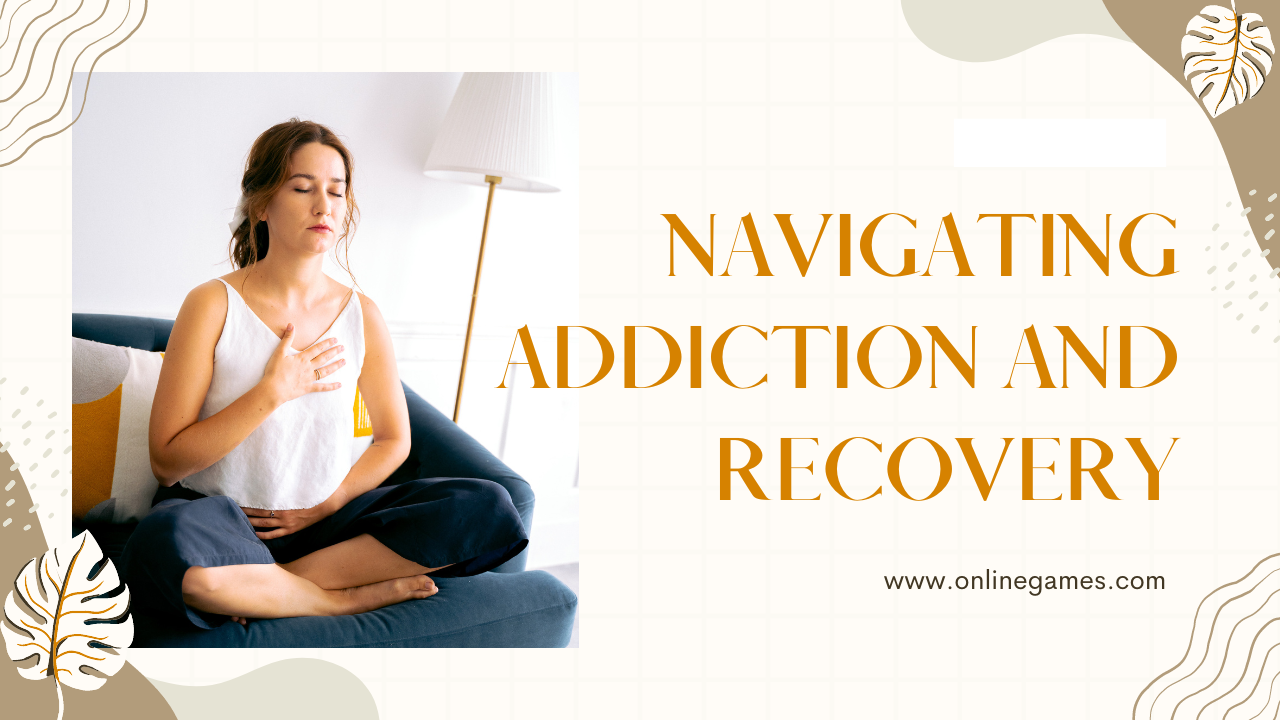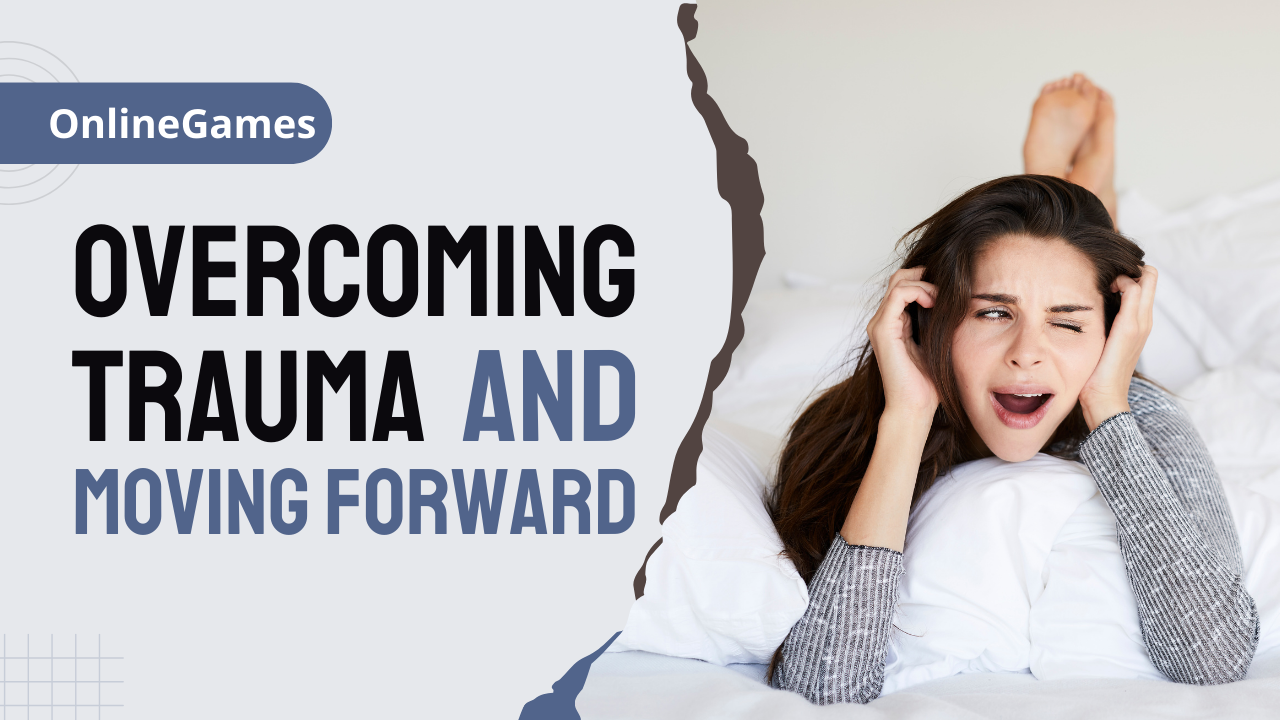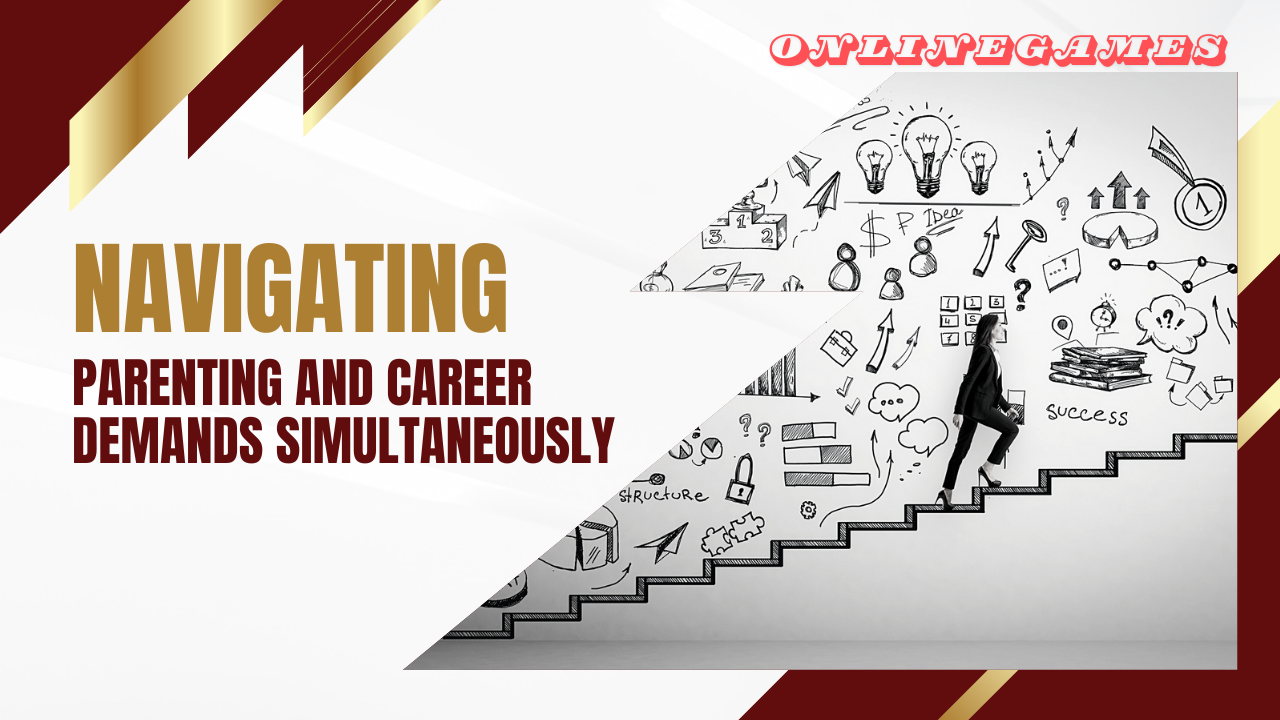Addiction is a complex and chronic disease that affects millions of people worldwide. It encompasses a range of substances and behaviours, from alcohol and drugs to gambling and internet addiction. Navigating addiction and recovery involves understanding the causes, recognizing the signs, seeking help, and embarking on a journey towards recovery. This article explores the various aspects of addiction, the recovery process, and strategies for maintaining sobriety.
Understanding Addiction
Definition of Addiction
Addiction is characterized by compulsive substance use or behaviour despite harmful consequences. It affects the brain’s reward system, leading to intense cravings and difficulty controlling impulses.
Types of Addiction
- Substance Addiction: Involves drugs or alcohol, such as opioids, cocaine, alcohol, or prescription medications.
- Behavioural Addiction: Includes compulsive behaviours like gambling, gaming, internet use, or shopping.
Risk Factors for Addiction
- Genetics: A family history of addiction can increase susceptibility.
- Environment: Exposure to stress, trauma, peer pressure, or availability of substances.
- Mental Health: Co-occurring disorders like depression, anxiety, or PTSD can contribute to addiction.
Recognizing the Signs of Addiction
Physical Signs
- Changes in appearance: Neglecting hygiene, sudden weight loss or gain.
- Health issues: Chronic illnesses, infections, or injuries related to substance use.
Behavioural Signs
- Isolation: Withdrawing from social activities and relationships.
- Lack of control: Inability to stop using substances or engaging in behaviours despite negative consequences.
Psychological Signs
- Mood swings: Irritability, anxiety, or depression.
- Obsession: Preoccupation with obtaining substances or engaging in addictive behaviours.
Seeking Help for Addiction
Professional Treatment Options
- Detoxification: Medical supervision to manage withdrawal symptoms safely.
- Inpatient Rehabilitation: Structured programs in a residential setting with intensive therapy and support.
- Outpatient Programs: Therapy and support while living at home, suitable for mild to moderate addiction.
Therapeutic Interventions
- Cognitive Behavioral Therapy (CBT): Helps change negative thought patterns and behaviours associated with addiction.
- Motivational Interviewing: Encourages intrinsic motivation and commitment to change.
- Family Therapy: Involves loved ones in the recovery process to improve support and communication.
Support Groups
- 12-Step Programs: Such as Alcoholics Anonymous (AA) or Narcotics Anonymous (NA), provide peer support and accountability.
- SMART Recovery: Offers a science-based approach to addiction recovery, emphasizing self-empowerment and coping strategies.
Strategies for Maintaining Sobriety
Developing Healthy Coping Mechanisms
- Mindfulness and Meditation: Practices that promote self-awareness and emotional regulation.
- Exercise: Physical activity releases endorphins and reduces stress.
- Healthy Diet: Nutritious foods support overall well-being and recovery.
Building a Support Network
- Peer Support: Connecting with others who understand the challenges of addiction recovery.
- Family and Friends: Engaging in positive relationships that encourage sobriety.
Avoiding Triggers and High-Risk Situations
- Identifying Triggers: Stress, negative emotions, or environments associated with substance use.
- Creating a Relapse Prevention Plan: Strategies to cope with triggers and prevent relapse.
Life in Recovery
Embracing Change and Growth
- Setting Goals: Establishing new aspirations and working towards personal fulfilment.
- Rebuilding Relationships: Repairing and nurturing meaningful connections.
- Finding Purpose: Engaging in activities that bring joy and satisfaction.
Ongoing Support and Maintenance
- Continuing Care: Regular therapy sessions, support group meetings, and check-ins with healthcare providers.
- Self-Reflection: Assessing progress, identifying areas for improvement, and adapting strategies as needed.
Navigating addiction and recovery is a journey that requires dedication, courage, and support. By understanding the complexities of addiction, recognizing the signs, seeking professional help, and implementing strategies for maintaining sobriety, individuals can embark on a path towards healing and transformation. Recovery is possible with the right resources, support network, and commitment to personal growth.










